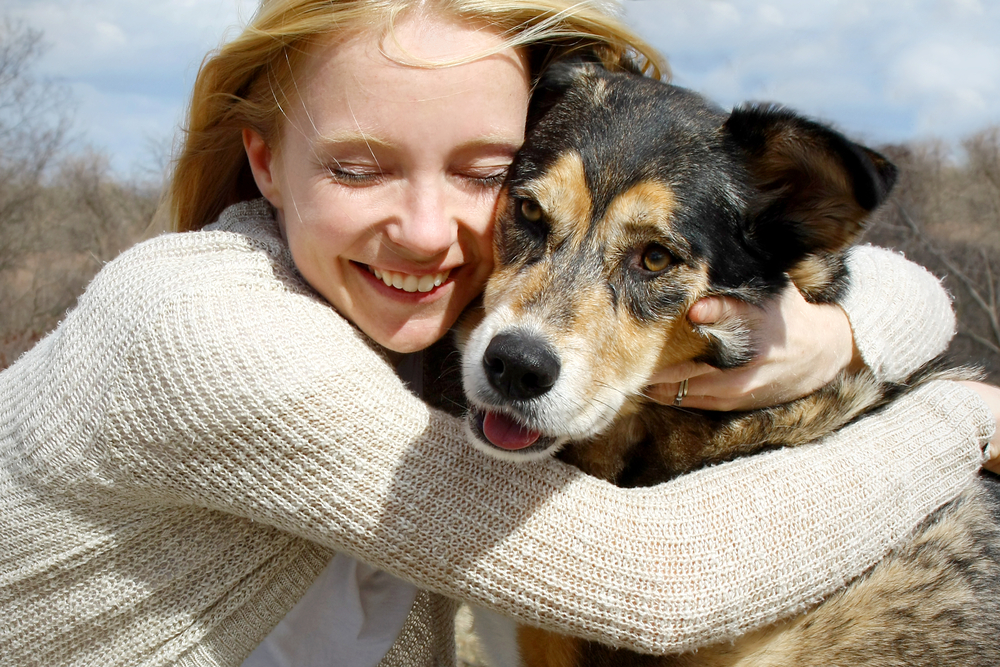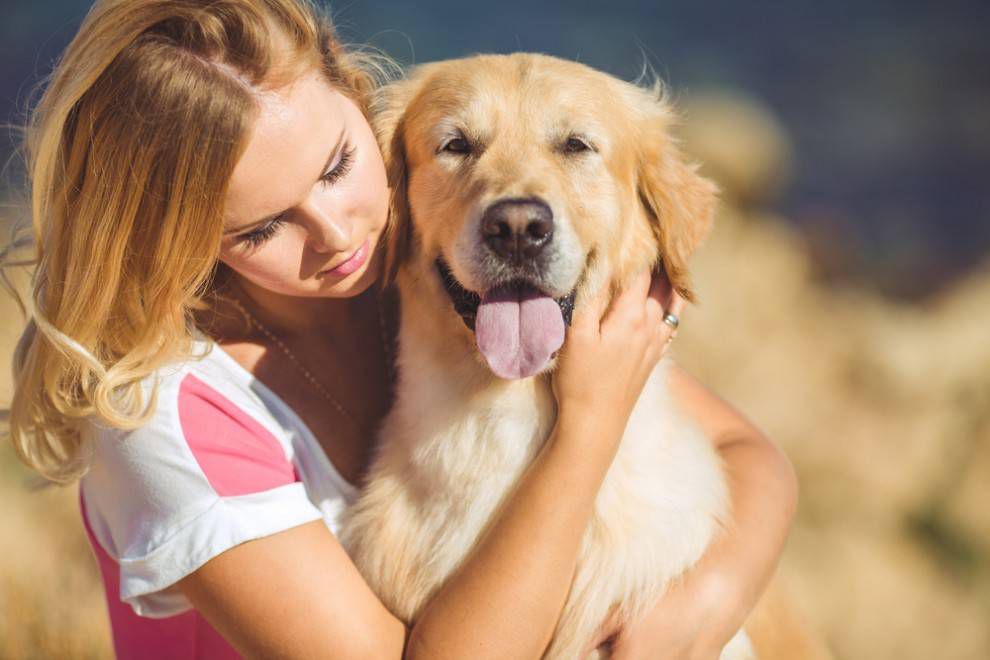Volunteering with a therapy dog can be incredibly satisfying. Therapy dogs visit various places, such as hospitals, nursing homes, schools, and more. They participate in therapy sessions for addiction recovery, bereavement, and even visit disaster sites to comfort victims and first responders. Additionally, they help children improve their reading skills.
However, not all dogs are suitable for this role. Being a great therapy dog requires a combination of proper temperament and dog training. It’s important to assess if your dog has the right characteristics for the job.

Does Your Dog Have The Correct Temperament
For your dog to be suitable as a therapy dog, they should be friendly with strangers from the moment they meet them. If your dog takes time to warm up to new people or shows anxiety or fear around them, then this may not be the right job for them. In fact, it may even be too stressful for them.
I had a test with a Corgi who growled at me when I went to hug him as part of the test. When I asked his pet parent, they explained that he doesn’t like being touched but can do several tricks and even ride a skateboard. However, this team was not able to pass as therapy dogs are supposed to be petted by people. A dog that growls when touched is not appropriate for therapy work.
In addition, therapy dogs should be comfortable and confident in different environments. Hospitals have various machines that beep and loud carts that may make noise down the hallways. Schools have loudspeakers and different sounds too. Therefore, a therapy dog needs to be adaptable and not easily frightened in such situations.
To determine if your dog is suitable for therapy work, you should consider their behavior in different situations. Dogs who confidently walk into unfamiliar places are ideal, while dogs who are easily startled by noises or take a while to get comfortable will require socialization and behavior modification to boost their confidence. Working with a professional, reward-based trainer can help with this. Additionally, therapy dogs must be safe and comfortable in the presence of other dogs, and should not exhibit aggression or fear towards them.
A well-behaved dog is essential for therapy work. Dogs should not pull on leashes or jump on people, and must respond to basic commands such as sit, lie down, come when called, walk nicely on leash, leave tempting items alone, and hold a ‘stay’ position. Different therapy groups have varying requirements, which may include taking classes, written tests, or passing the American Kennel Club’s Canine Good Citizen test. It is important to research and choose a group that fits both you and your dog’s needs, and provides liability insurance.
You Are A TEAM
It is important to remember that you and your dog are a team when doing therapy work. As the owner, you are responsible for keeping your dog safe, healthy, and happy during the visits. Advocating for your dog and being mindful of their limitations and signs of stress is crucial. Signs of stress can include avoidance of people or places, lip-licking, yawning, turning away, whining, or barking. It is important to recognize these signs and not push your dog beyond their comfort level.
It is also important to recognize your own comfort level and not visit facilities that make you uncomfortable, as this can affect your dog as well. Therapy dogs and service dogs are not the same and do not have the same rights under the ADA. Service dogs are trained to perform specific tasks for their disabled owners, while therapy dogs provide comfort to various populations in different facilities.
To determine if therapy work is right for you and your dog, consider if you enjoy sharing your dog with others, have time to visit regularly, have a well-trained dog, and if your dog is suited temperamentally for visiting strangers, including children and the elderly.
There are many volunteer opportunities for therapy dogs, such as nursing homes, hospitals, schools, special needs centers, libraries, bereavement groups, and addiction recovery groups.

